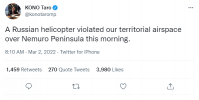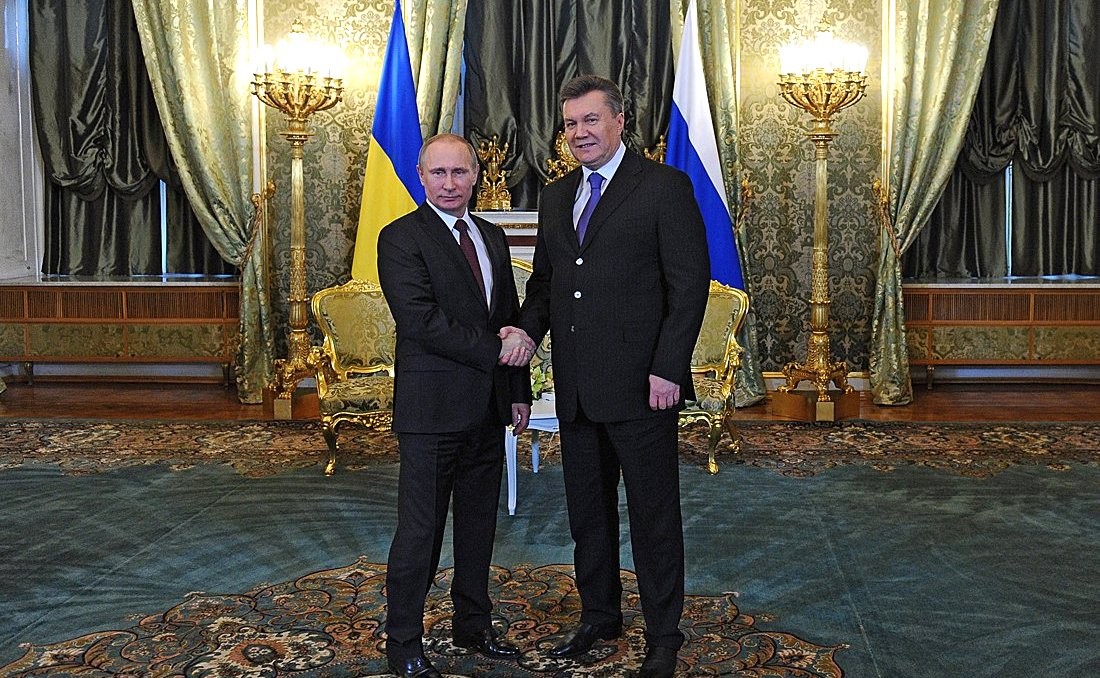Increasing numbers of younger Russians tend to get their news from independent websites or social media, and the longer the war goes on, the more images and videos of dead soldiers and prisoners of war are surfacing. But the authorities are responding to this and turning the screws on independent reporting.
Roskomnadzor has ordered TikTok to remove military and political content in its suggestions to minors, complaining, "in most cases, these materials have a pronounced anti-Russian character". It also demanded that Google remove what it describes as false information about the Russian army's reported losses, and Reuters reports it has re-imposed a slowdown on Twitter's loading speeds over "fake reports" of Moscow's "special military operation", and restricted access to Facebook.
It has instructed media outlets to use information only from official Russian sources when reporting the invasion, demanding that they take down any reports referring to "a declaration of war" or "an invasion". It has threatened them with fines and blocking if they do not take action. The websites of the independent TV channel Dozhd and popular liberal radio station Ekho Moskvy have been blocked for alleged calls for extremism and violence, and "systematic spread of false information about the activities of the Russian military".







